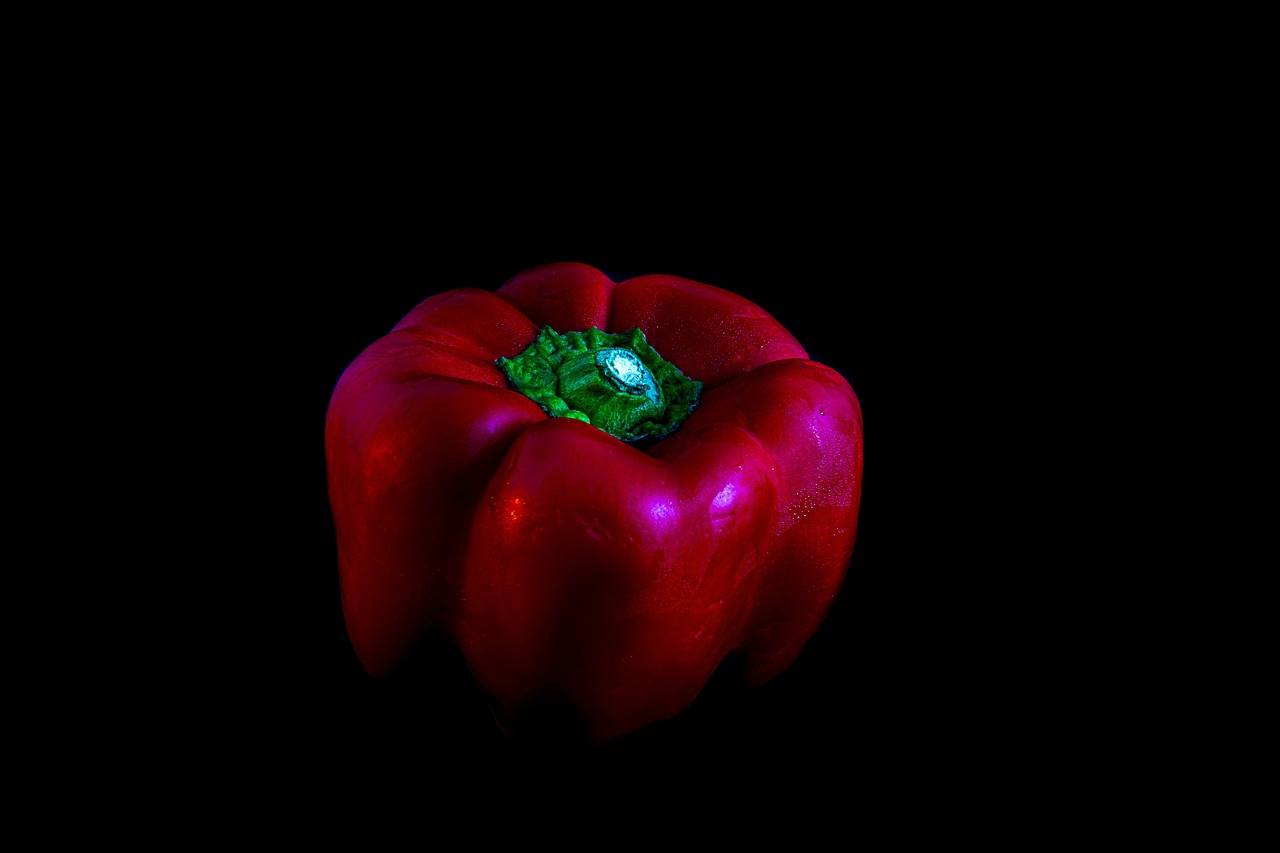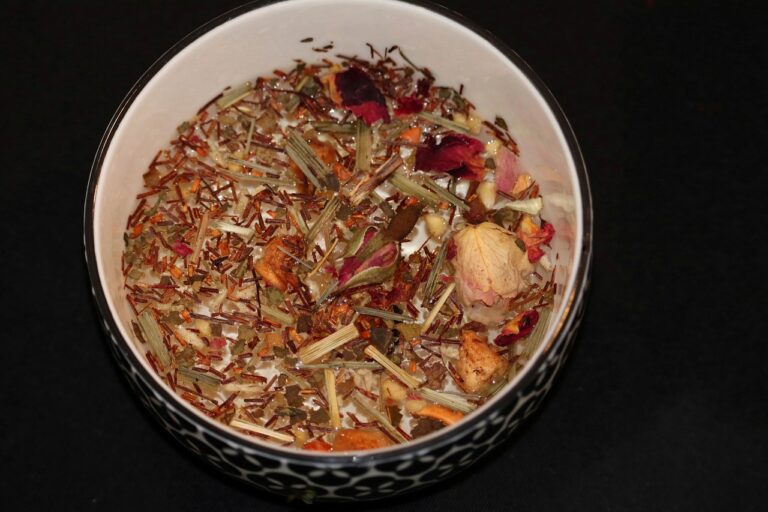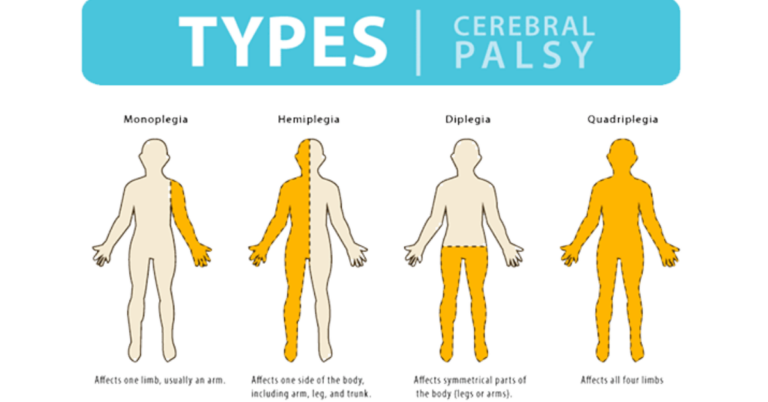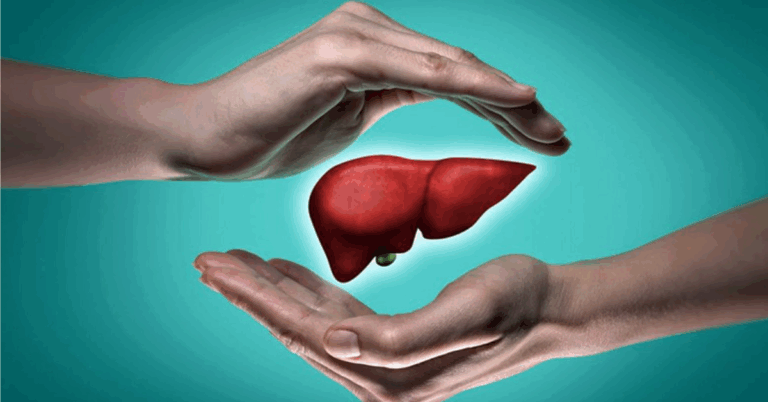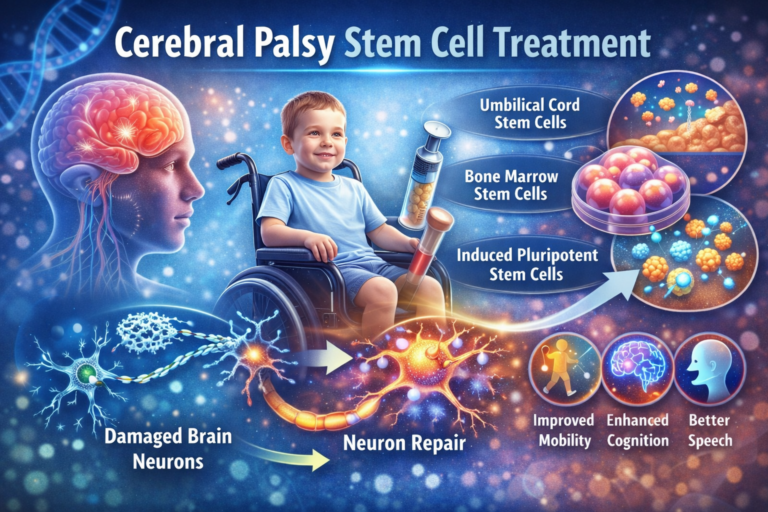Integrating Traditional Medicine into Mainstream Healthcare Systems
One of the fundamental aspects of traditional medicine is its holistic approach towards healing. Traditional medicine practices are deeply rooted in cultural beliefs and values, focusing on treating not only the physical symptoms but also addressing the emotional, mental, and spiritual well-being of an individual. These practices often involve herbal remedies, healing rituals, and the guidance of experienced healers who understand the interconnectedness of the body and mind.
Additionally, traditional medicine embraces the concept of prevention, emphasizing the importance of maintaining balance and harmony within the body to prevent illnesses from occurring. Through practices such as acupuncture, Ayurveda, and traditional Chinese medicine, individuals are encouraged to take an active role in their health by making lifestyle changes that support overall well-being. By harnessing the power of natural elements and ancient practices, traditional medicine offers a unique and comprehensive approach to healthcare that is gaining recognition for its effectiveness and ability to complement modern medical treatments.
Benefits of Traditional Medicine
Traditional medicine offers a holistic approach to healthcare, focusing on not just treating symptoms but addressing the root causes of illnesses. This approach often leads to personalized treatment plans that take into account individual differences in health and well-being.
Additionally, traditional medicine practices often harness the healing properties of natural ingredients, such as herbs, plants, and minerals, which can be more gentle on the body compared to synthetic drugs. This can result in fewer side effects and a reduced risk of developing drug resistance over time.
Challenges in Incorporating Traditional Medicine
Traditional medicine faces several challenges when it comes to integration into mainstream healthcare systems. One major obstacle is the lack of regulation and standardization in traditional medicine practices, leading to concerns about safety and efficacy. This can create skepticism among healthcare professionals and the general public, hindering the widespread acceptance of traditional medicine as a valid treatment option.
Moreover, the cultural differences in beliefs and practices between traditional medicine and modern medicine can pose challenges in integrating the two systems. Traditional medicine often relies on holistic approaches and natural remedies, which may not align with the more reductionist and science-based approach of modern medicine. This clash of paradigms can make it difficult to find common ground for collaboration and integration between traditional and modern healthcare practices.

